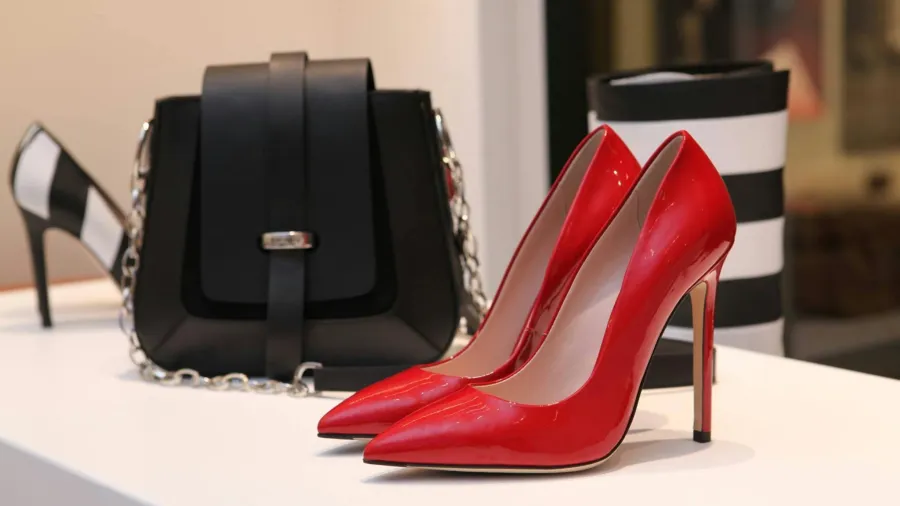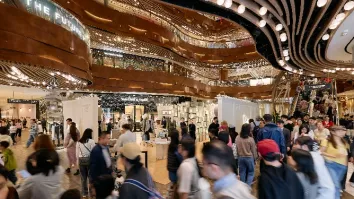
Global luxury market exceeds $1.6t amidst economic headwinds
The resurgence of luxury travel is a key driver of this growth.
The global luxury market showed stability despite global economic and geopolitical challenges, surpassing a record $1.6t (€1.5t) in 2023, according to Bain & Company Luxury Goods Worldwide Market Study.
The study, in collaboration with Altagamma, attributed the growth to a resurgence in luxury travel and a robust US holiday season in the fourth quarter.
However, the first quarter of 2024 experienced a slowdown across many regions due to macroeconomic pressures, although Japan stood out with continued growth fueled by a tourism boom.
The report also noted a shift towards experiential offerings over tangible goods, highlighting growth in hospitality, gourmet food, fine dining, and niche luxury cruises.
Whilst sectors like private jets and yachts saw consistent growth, the auction market for fine arts faced challenges due to artwork shortages and economic uncertainties.
The personal luxury goods market also saw a slight decline early in 2024, prompting luxury brands to focus on maintaining a robust price-value equation amidst rising costs.
Claudia D’Arpizio, a partner at Bain & Company, emphasised the need for brands to prioritise trust and connection with consumers in a competitive landscape marked by economic pressures and shifting consumer behavior.
Europe and Japan showcased resilience in early 2024, buoyed by tourism inflows. Japan, in particular, saw a surge in international visitors, surpassing pre-pandemic levels, driven by favorable currency exchange rates and pent-up demand from previous travel restrictions.
Meanwhile, China's luxury market faced challenges from revived outbound tourism and weakening local demand amidst economic uncertainties. In the US, despite gradual improvements in GDP and consumer confidence, macroeconomic pressures persisted.
Younger generations, facing rising unemployment and economic uncertainty, delayed spending on luxury goods in contrast to wealthier Gen X and Baby Boomers. Luxury brands adapted with targeted strategies focusing on top-tier clientele whilst exploring new consumer segments through sports sponsorships and other engagement initiatives.
Jewelry emerged as a top performer with investment-led purchases, outpacing watches, whilst makeup, fragrances, and eyewear gained popularity as small luxury indulgences. Apparel shifted its strategy to capture top-tier customers, whereas shoes experienced a slowdown amongst aspirational shoppers.
“A dual strategy, framed around the allure of top-tier clientele and the appeal of smaller luxury indulgences, is driving growth at both ends of the price spectrum,” said Federica Levato, partner at Bain & Company and leader of the firm’s EMEA Luxury Goods and Fashion practice, co-author of report.
“As brands continue to face turbulence in the market, the winners will be those that rethink the way they craft and deliver their value propositions across multiple price points and touchpoints, growing their reach while building advocacy and loyalty among their customers,” she noted.

















 Advertise
Advertise






